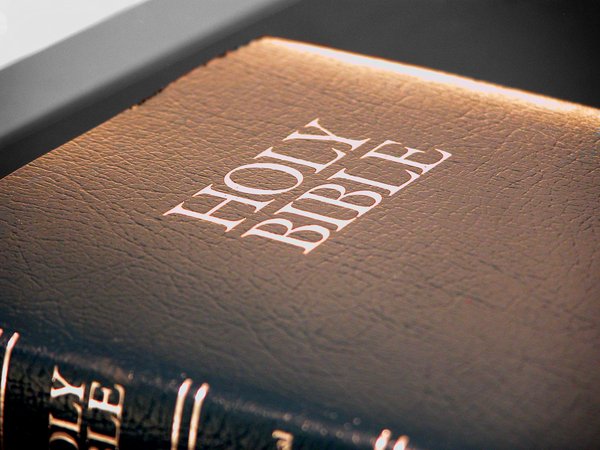
By Benjamin Leon
One of life’s greatest challenges is to understand “why?” Often when faced with crisis, trauma, or bereavement, we intuitively search for meaning and purpose. Cold realization that we may never fathom circumstance leaves us numb.
One avenue in which Kabbalah refreshes our faith is in its presentation of reincarnation and soul migration. Although no overt reference is made in the scripture to the subject, however the greatest Kabbalists—notably the Arizal as quoted in the work Shaar HaGilgulim (Gate of Reincarnation), expound clearly its principles.
The soul is eternal, a spark of the Divine, or as the prophet Job calls it “a part of Gd above.” The soul exists before it enters the body and it lives after the body is laid to rest. Though the soul’s place of origin is in the higher worlds, there is something that the soul can achieve in a body that it cannot achieve in the heavenly realms. It has already been explained that the purpose of creation is to make an abode for the Divine in this world.
Although higher worlds are glorious in terms of revelation and offer the best reward for a soul after it has achieved its earthly mission, the heavenly realms are not the purpose of creation. It was Gd’s desire to create a world where His presence would be acutely concealed and darkness and evil would prevail. He charged his children with the task of creating a home in this world, and the soul fulfills that mission by its adherence to Torah and Mitzvot (Commandments).
Kabbalah explains that the soul is comprised of 613 channels, which parallel the 248 limbs and 365 blood Vessels of the body. These 613 channels attain eternal elevation when all 613 Mitzvot are fulfilled by a soul in its earthly descent.
Usually a soul does not manage to fulfill all the commandments in one descent, and the Arizal writes that every soul must be repeatedly reincarnated until it has fulfilled all 613 Mitzvot in thought, speech, and action. In the previous chapter, the notion of purification through Gehinom was introduced.
Here the soul is cleansed in order to be elevated to the Garden of Eden. How is this concept reconciled with the possibility of reincarnation and a return to our world? The Kabbalists explain that when a soul returns to this world, the part of the soul that was elevated by its Torah learning and Mitzvah performance is not reincarnated, rather it is only the other parts of the soul that were not affected by the first incarnation that return. The possibility of a soul being divided and part of a soul being reincarnated is discussed at length in Kabbalah. The original idea stems from the fact that the soul of Adam was composed of all future souls, and the soul of Jacob was comprised of 70 parts which were then further subdivided into the 600,000 souls of Israel. These 600,000 were then subdivided further into another 600,000. Through various reincarnations all parts of the soul are elevated and once the entire soul has been elevated the soul is no longer reincarnated. This explains the strange phenomena of why certain people engage in a specific Mitzvah in which they excel. It could be that the person’s soul descended again for sake of that specific Mitzvah.
- Chamisa under fire over US$120K donation
- Mavhunga puts DeMbare into Chibuku quarterfinals
- Pension funds bet on Cabora Bassa oilfields
- Councils defy govt fire tender directive
Keep Reading
Souls may also be reincarnated to complete a certain task, repay a debt, or rectify a sin. In fact the concept of reincarnation as rectification for sin is well documented by the Kabbalists.
Most fascinating is the study of soul migration, which is how a soul from a previous generation is reincarnated in a later generation into a specific set of circumstances which are tailored to engineer a rectification of a previous sin. Of the hundreds of examples, we shall quote one here which is documented in the book Shaarei Teshuvah (Gates of Repentance), written by Rabbi Dovber of Lubavitch, a foremost Kabbalist and chassidic Rabbi. When we take a look at the period in history of the expulsion of the Jews from Spain in 1492, we stand perplexed as to why that generation had the awesome task of deciding between apostasy and burning at the stake. Why was it at this particular junction of Jewish history, Jews had to endure such horrible torture and exile at the hands of the Inquisition?











